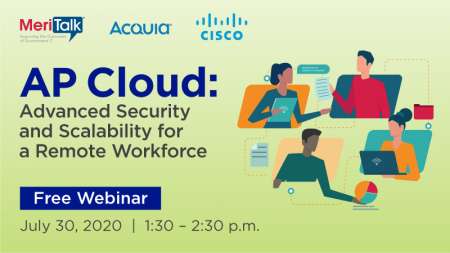As the General Services Administration’s 18F stepped up to help agencies with the quick technical shift to telework, two officials from the program shared their top tips for helping the workplace culture adjust to a remote environment.
Consulting Engineers Mark Headd and Greg Walker first explained that this pandemic is unlike past recurring telework scenarios. Walker said that its important for agencies to recognize that people are going through a lot more than just being a colleague right now. From stepping up to teach their children to caring for a sick family member, employees’ responsibilities have changed.
“This is a personal drain and just being sympathetic to the fact that people aren’t able to do as much right now, that’s been a big change for the better, I would say,” Walker said at the July 21 Strategies for Software Development in a Crisis event.
Plus, shifting to telework is a process, culture, and mindset that employees need time to adjust to, Walker added. Headd echoed this point, adding that switching to telework is not a quick flip.

“Learning to work remotely is not a thing you can do overnight,” Headd said. “Pretty much every Federal agency or state agency or municipality that has had to do it has done as well as they could, but certainly, it’s not a light switch you flip on and you suddenly become good at it.”
For example, Headd explained that there are things that Feds take for granted in the office that aren’t as readily available in the telework setting. Network access and connecting with colleagues, for example, look much different in the virtual environment. To accommodate this, Walker made two recommendations.
“The two biggest things when we’re working with somebody who’s not used to being remote is let us see you, let us show you what we’re doing,” he said.
By this, Walker continued, he means that people should put their cameras on during video chats to improve communication and that 18F tries to be transparent with the agencies it works with on project progress to built trust.
Headd explained, “That all builds up confidence and trust that even though we’re apart, even though we’re remote, even though I can’t reach over across the desk … you’re there, you’re working, and we’re collaborating.”

